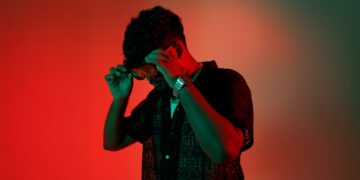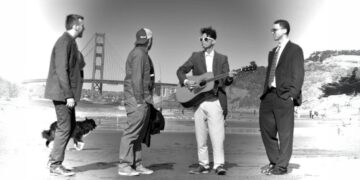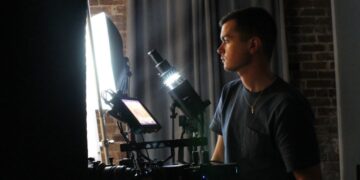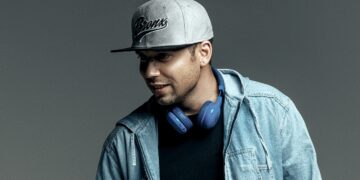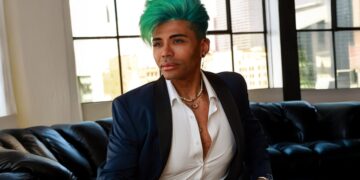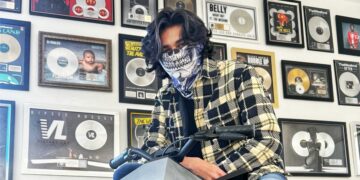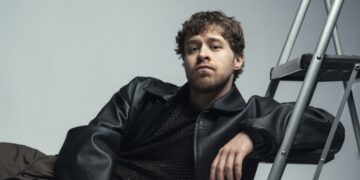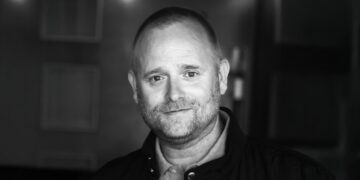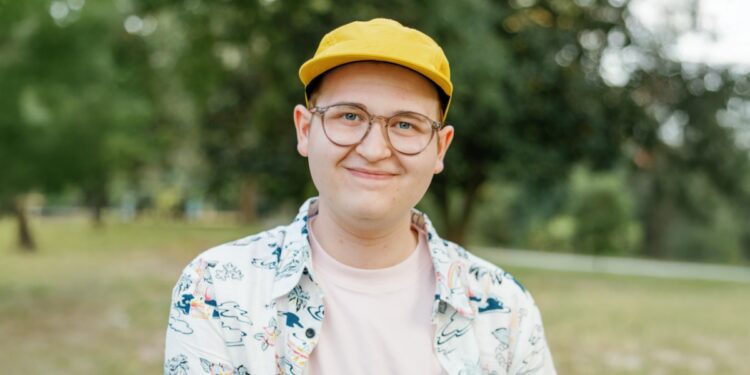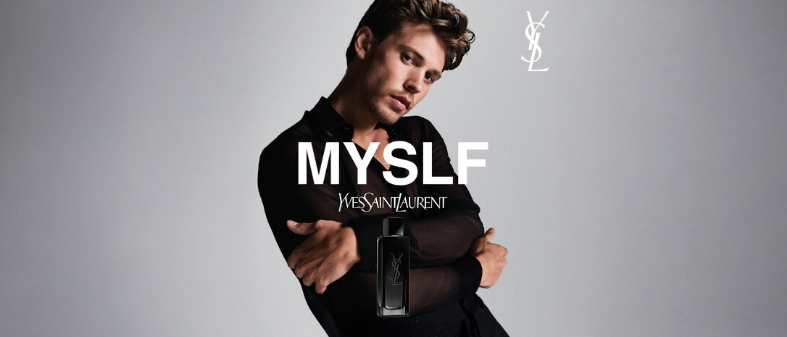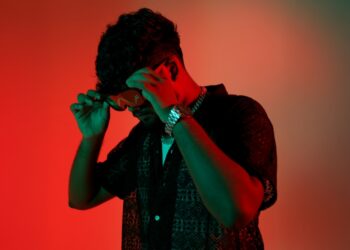Most conversations about disability representation in Hollywood happen in conference rooms between people who’ve never experienced what they’re discussing. Austin Joseph changes that dynamic simply by showing up. Two years after brain cancer left him unable to speak, eat, walk, or breathe on his own, he’s back auditioning with a perspective that can’t be learned in acting classes or diversity workshops.
Before everything changed, Joseph’s path seemed clear. “My journey into acting really started with a love for storytelling,” he explains. “I was drawn to the way a performance could hold people, make them laugh, or even make them see the world a little differently.” Those early days weren’t glamorous—small productions, late nights, learning on the fly. But every role taught him something about presence, timing, connection. He knew even then this wasn’t just a hobby.
As a SAG-eligible actor trained in theater and indie film, Austin Joseph had structured his entire college experience around performing. His closest friendships grew from that shared passion. Then cancer ended all of it overnight. What followed wasn’t just medical recovery but a complete reconstruction of his creative identity.
“I remember sitting in speech therapy, barely able to form a sentence, and telling myself: You will act again,” Joseph recalls. While other patients focused solely on basic recovery, he practiced monologues in his hospital bed, whispering lines until they became full words. Scripts became part of his physical therapy routine. Some might call it denial. Joseph saw it as refusing to let illness rewrite his story.
The determination went beyond typical recovery goals. When doctors suggested he might never return to acting, Joseph responded by filming a self-tape from home while still recovering. He could barely stand, had to set up his own lights, but he hit record anyway. The tape wasn’t perfect. That wasn’t the point. It was proof of life, creative life specifically.
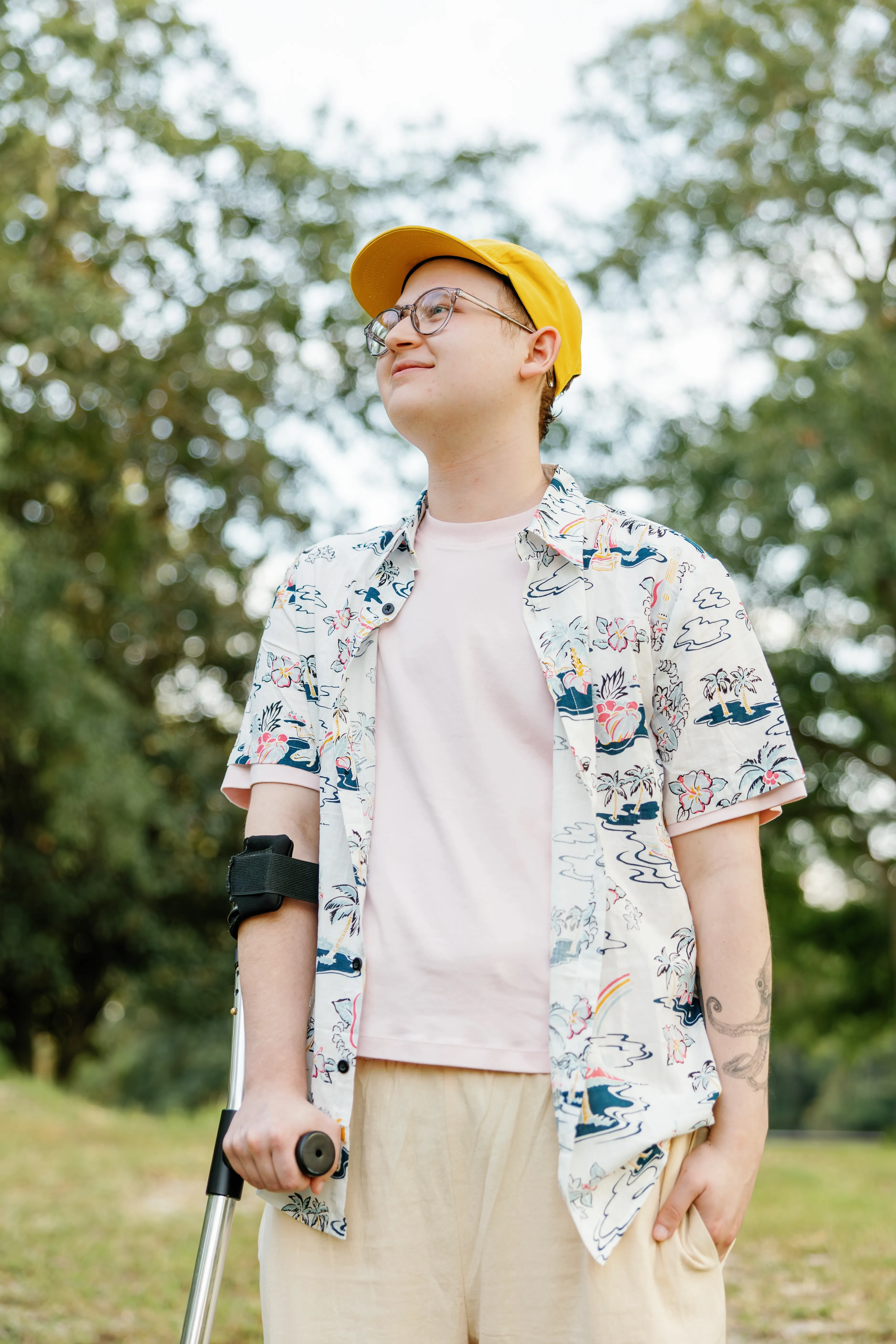
What makes Austin Joseph’s return significant isn’t the comeback narrative itself. It’s how he refuses to let that narrative define his work. “I hope my work leaves people feeling seen,” he says. “Whether it’s through a laugh, a moment of recognition, or even just a spark of emotion, I want audiences to connect with something real.” For him, acting isn’t just entertainment—it’s opening doors to empathy, letting people glimpse experiences they may not live themselves.
His perspective on the craft has evolved through experience. “My biggest inspirations aren’t just famous names, but also the people who showed me what resilience and authenticity look like,” Joseph reflects. Surviving cancer and stepping forward as a disabled artist shaped him as much as any industry role model. That lived experience pushes him to bring honesty into every performance, to lean into truth rather than perfection, treating every character as fully alive.
With support from his agents at KU Talent, he’s targeting contemporary film and television where he can bring emotional truth to supporting characters. The grounded best friend. The voice of reason. The role that adds depth without demanding spotlight. He looks to actors who make supporting roles unforgettable through the depth they bring, understanding that presence often speaks louder than spectacle.
“I don’t take a single moment on set for granted,” he says. There’s weight to that statement from someone who had to relearn basic motor functions. Every audition carries different stakes when you’ve fought that hard just to stand in the room.
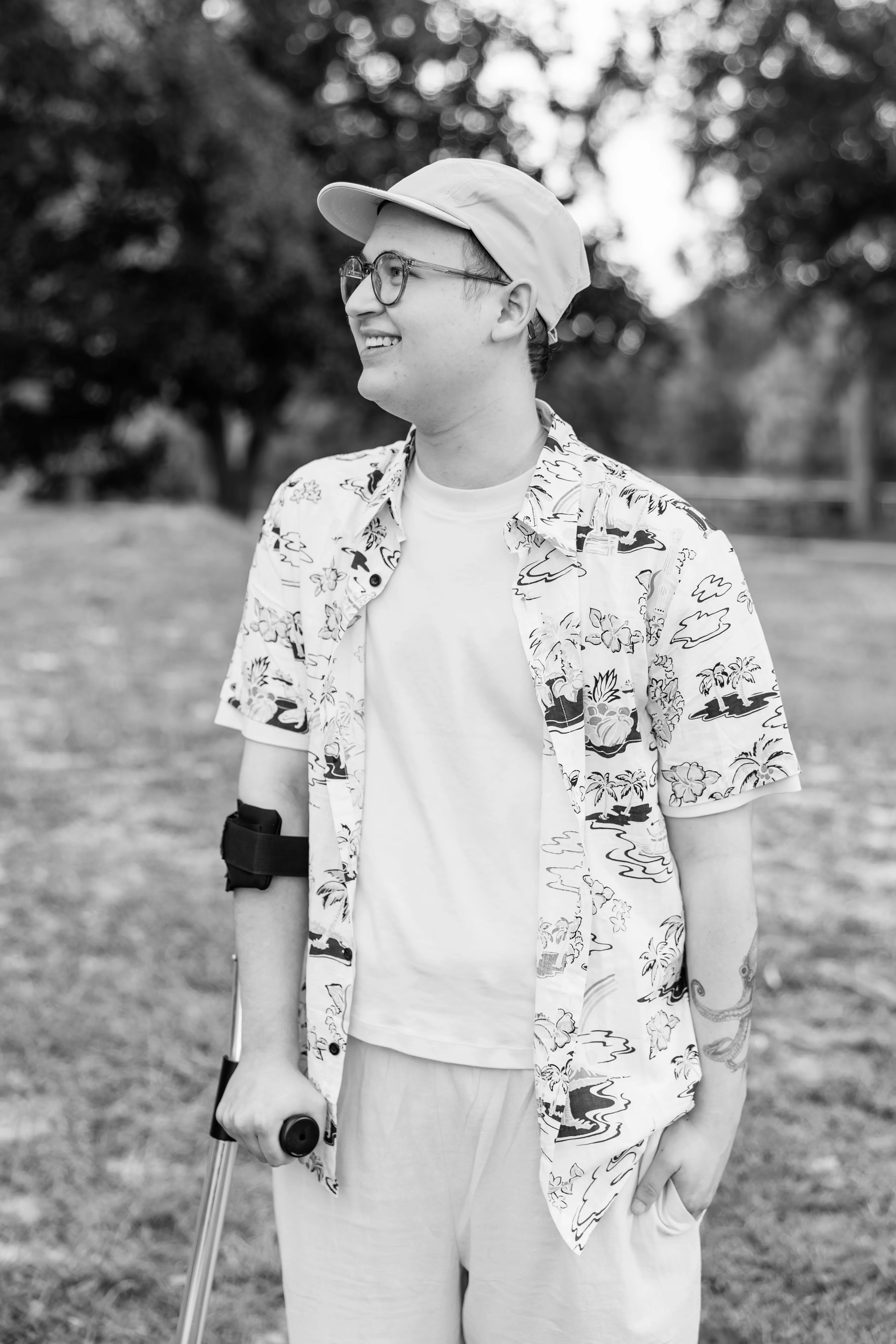
Hollywood loves talking about inclusive casting and authentic representation, but progress remains inconsistent at best. Austin Joseph positions himself as part of a solution that goes beyond being represented. He’s developing his own projects as an emerging filmmaker, recognizing that waiting for others to tell these stories correctly might mean waiting forever. “I’ve been doing interviews and connecting with new collaborators, which has been an amazing way to share not just my work, but my story as well,” he notes.
His recent work hints at momentum building. While he can’t discuss specifics about a film role he recently booked, he describes it as “major” and something audiences will love. For someone rebuilding from zero, these aren’t just career milestones. They’re validation that his particular presence, shaped by experience that can’t be faked or studied, has value beyond inspiration.
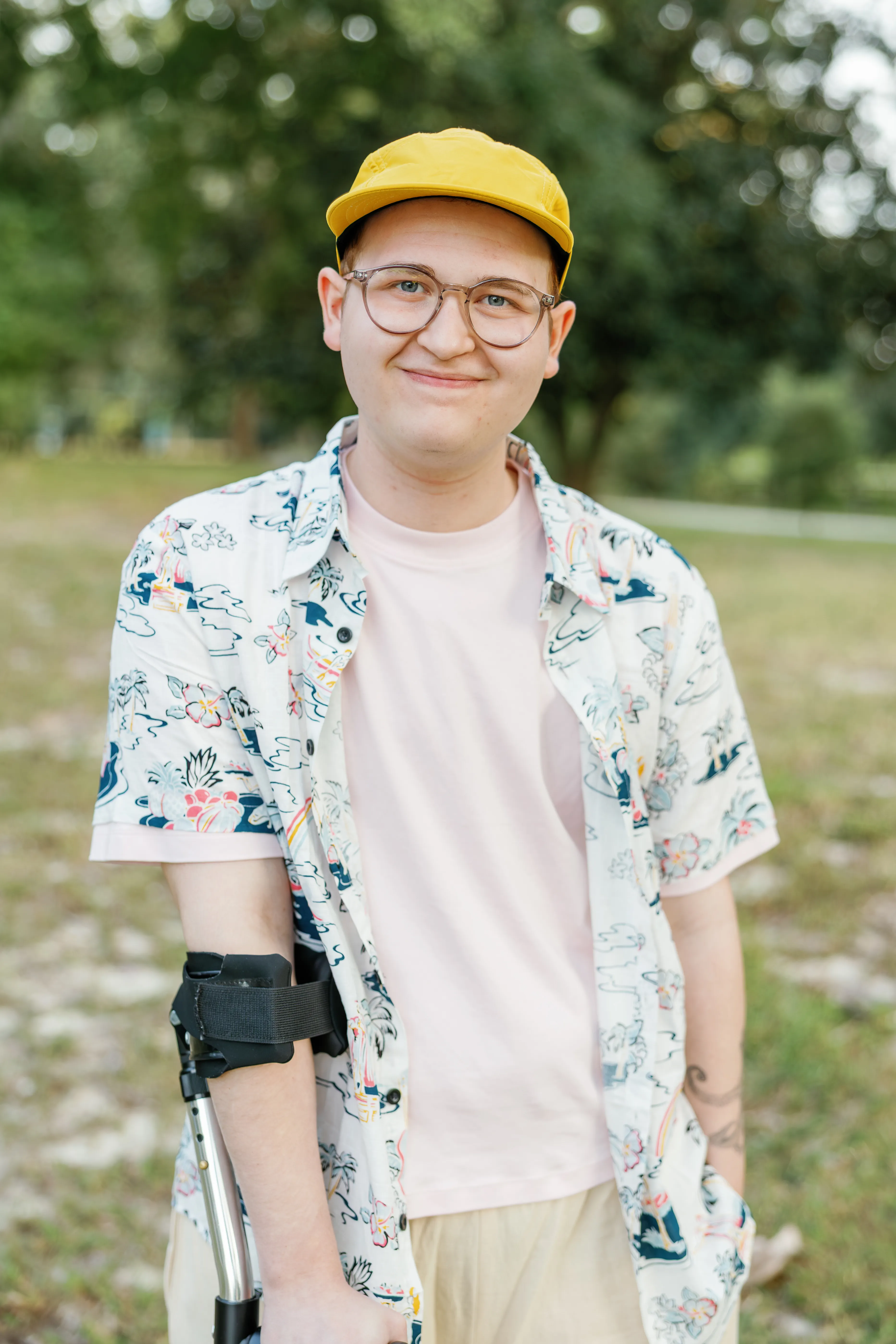
Austin Joseph understands his craft deeply. “I’m an actor, which for me means stepping into stories and bringing characters to life in a way that feels real and human,” he says. “At the core, my job is to take words on a page and turn them into an experience people can connect with. It’s about honesty, presence, and making someone in the audience feel something they’ll carry with them after the performance.”
There’s a difference between performing disability and living it. Austin Joseph embodies that difference every time he auditions, every role he books, every project he develops. Hollywood keeps searching for authenticity through workshops and consultants. Meanwhile, Joseph stands in audition rooms offering the real thing, waiting for an industry that claims to value representation to recognize what that actually looks like when it’s standing right there. If someone walks away from his work feeling understood, inspired, or simply reminded they’re not alone, then he’s done his job. That’s authentic representation. That’s what changes everything.
For updates on Austin Joseph’s upcoming projects and career developments, follow his journey on Instagram, visit his website, or connect on Facebook.








